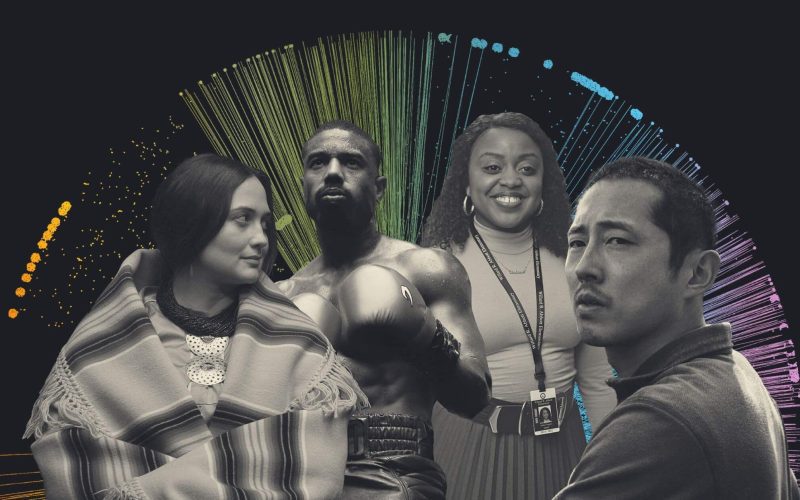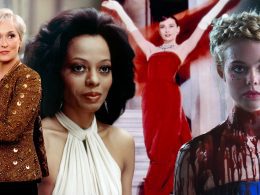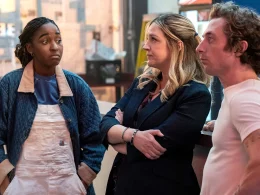Introduction
Entertainment plays a crucial role in shaping public perception, influencing societal norms, and reflecting cultural values. The role of diversity in entertainment has been increasingly discussed, especially concerning the representation of Black lives in media. Historically, Black individuals have faced underrepresentation, misrepresentation, and stereotyping in movies, TV shows, and other forms of entertainment. Over the years, there has been a noticeable shift towards more inclusive and accurate portrayals of Black characters, but significant challenges remain. This article will explore the history, present state, and future potential of diversity in entertainment with a specific focus on Black representation.
Historical Underrepresentation and Stereotypes in Media
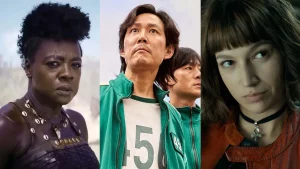
For many decades, Black people in Hollywood and mainstream media were either underrepresented or misrepresented in ways that reinforced harmful stereotypes. Early film portrayals often depicted Black characters in subservient roles or as villains, reinforcing societal prejudices. The “mammy” stereotype, for example, presented Black women as loyal servants to white families, while Black men were often shown as criminals or “dangerous.”
These portrayals not only limited the diversity of Black characters but also reinforced damaging ideas about race and equality. The systemic barriers faced by Black actors and filmmakers led to a lack of opportunities for authentic representation and limited creative freedom within Hollywood.
The Rise of Black Voices: A Shift in the Entertainment Landscape
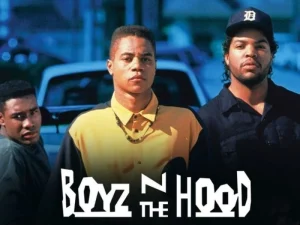
In recent years, there has been a notable push for greater diversity and inclusion within the entertainment industry. This shift began in earnest in the 1960s and 1970s with the Civil Rights Movement and the subsequent rise of African American cinema. Filmmakers like Spike Lee, John Singleton, and Ava DuVernay helped to usher in a new era where Black stories and perspectives were being told from a more authentic and nuanced point of view.
Films like Do the Right Thing (1989), Boyz n the Hood (1991), and Selma (2014) marked significant milestones in showcasing Black lives through complex, diverse narratives. These films not only highlighted social issues facing Black communities but also gave Black artists and filmmakers a platform to tell their own stories.
The Importance of Authentic Representation in Media
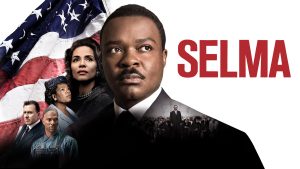
Authentic representation goes beyond just including Black characters in films and TV shows—it involves giving them depth, humanity, and real-world complexity. It’s about seeing Black individuals in all walks of life, with varied interests, emotions, and experiences. The importance of this cannot be overstated: when Black characters are portrayed authentically, it challenges stereotypes and allows people of all backgrounds to engage with and understand the richness of Black culture.
The Role of Black Creators in Shaping Media
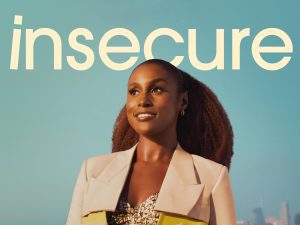
Black creators—writers, directors, producers, and actors—have long been at the forefront of changing the narrative about Black lives in media. Their work is often grounded in real-life experiences and offers powerful perspectives on race, identity, and society.
Shows like Insecure (created by Issa Rae) and Atlanta (created by Donald Glover) are prime examples of how Black creators are reshaping the entertainment industry. These shows do more than entertain—they open up critical conversations around race, class, and the Black experience in America. They prove that when Black creators are behind the camera, the stories being told are more reflective of the truth.
Black Representation in Different Genres
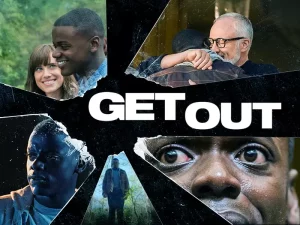
Black representation isn’t just limited to drama or history; it spans across all genres. From comedy to science fiction, Black creators are bringing fresh perspectives to every type of media. Shows like Atlanta mix humor with deep social commentary, while films like Get Out blend horror with real-world issues. This shows that Black stories can thrive in any genre and connect with wide audiences.
The Role of Black Music in Entertainment
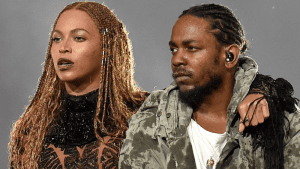
Music has always been a powerful form of expression in the Black community. Artists like Beyoncé, Kendrick Lamar, and Lil Nas X have not only created chart-topping hits but also used their platforms to speak about social issues. Music allows Black voices to spread messages of empowerment, activism, and unity, reaching millions around the world.
The Power of Representation in TV Shows
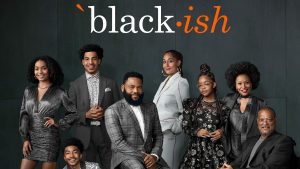
Television is one of the most accessible forms of entertainment, making it an important platform for representation. Shows like Black-ish and The Cosby Show have introduced family dynamics, cultural values, and social issues from a Black perspective. These TV shows normalize Black life for viewers from all backgrounds and offer role models for younger generations.
Creating Equal Opportunities in Hollywood
Hollywood needs to ensure that Black professionals have equal opportunities behind the scenes. While on-screen representation is improving, there’s still a lack of Black writers, directors, and producers. Equal representation in these key roles allows for more authentic storytelling and ensures that Black narratives are told in the right way.
Challenges Still Facing Black Representation in Entertainment

Despite the progress that has been made, challenges remain. One major obstacle is the continued lack of diversity behind the scenes. While there has been a rise in Black actors and directors, Hollywood still struggles with hiring practices that are not reflective of the demographic makeup of the United States. According to a report from the University of California, Los Angeles (UCLA), people of color make up about 40% of the U.S. population, but they represent only a small fraction of top-tier decision-makers in entertainment.
Moreover, while the portrayal of Black characters has improved in many respects, there’s still a tendency to focus on “trauma porn”—stories that heavily emphasize the suffering, struggle, and oppression of Black people. While these narratives are important, they often overshadow the portrayal of Black joy, success, and everyday life.
Positive Change: Celebrating Black Excellence in Media
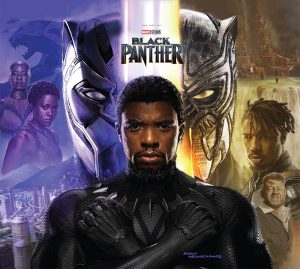
In recent years, there has been a concerted effort to focus on positive portrayals of Black life in media. The rise of films and series that celebrate Black culture, such as Black Panther (2018), which portrayed Black characters as heroic, strong, and multidimensional, has been a breakthrough. Black Panther was not just a box office success; it became a cultural phenomenon and a symbol of pride for Black communities worldwide.
Additionally, musicians, athletes, and influencers are increasingly using their platforms to create change in the entertainment industry. With voices like Beyoncé, Kendrick Lamar, and Tyler Perry, Black artists are setting new standards for what it means to be authentically represented in entertainment.
How Black Stories Inspire Communities
Black stories in entertainment are powerful. They show struggles, triumphs, and dreams that many people can connect with. Films like Selma and Hidden Figures highlight historical moments and real-life heroes, teaching valuable lessons. These stories inspire pride in Black communities and encourage others to understand and support their experiences.
The Global Impact of Black Representation
Black representation in media is not just important in the U.S.; it matters worldwide. Movies like Black Panther celebrate African culture and heritage, reaching audiences across the globe. They spark conversations about history and diversity, making Black experiences a universal topic that brings people together.
Why Representation Matters for Young People
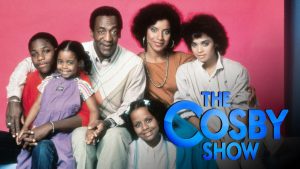
When young Black children see characters who look like them on TV or in movies, it builds their confidence. It shows them they can be heroes, leaders, or creators too. Positive representation helps kids dream big and believe in their potential. It’s a reminder that their voices and stories matter.
The Role of Technology in Supporting Diversity
Technology has made it easier for Black creators to share their work. Platforms like YouTube, Netflix, and TikTok allow creators to reach audiences directly without needing approval from big studios. This freedom gives Black storytellers a chance to show unique stories that might otherwise be ignored.
How Audiences Can Support Black Representation
Viewers have the power to create change. Watching, sharing, and celebrating movies and shows created by Black artists sends a clear message to the entertainment industry. By supporting these works, audiences encourage studios to invest in more diverse projects and help Black creators succeed.
The Future of Diversity in Entertainment: What Lies Ahead?
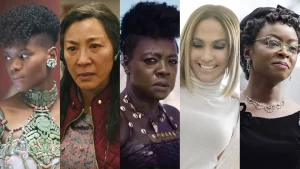
Looking ahead, the future of diversity in entertainment seems promising but requires ongoing effort. As social justice movements like Black Lives Matter continue to push for racial equality, the entertainment industry must respond by maintaining its commitment to authentic and inclusive storytelling.
The digital age, with platforms like Netflix, Amazon Prime, and Hulu, has opened new doors for diverse content creators. The rise of streaming services has democratized access to media, allowing niche stories and voices to find global audiences. This presents an opportunity to bring more diverse and authentic stories about Black lives to a wider public.
Comparative Table: Black Representation in Media Over Time
| Time Period | Portrayal of Black Lives in Media | Challenges Faced |
|---|---|---|
| Pre-1960s | Black characters often portrayed in subservient or stereotypical roles. | Limited representation, harmful stereotypes. |
| 1960s-1970s | Emergence of Black-led films such as Sweetback’s Baadasssss Song and Shaft. | Limited access to Hollywood, lack of financial support. |
| 1980s-1990s | Increased focus on social issues, led by directors like Spike Lee and John Singleton. | Still limited opportunities for Black filmmakers, racial biases in casting. |
| 2000s-Present | Rise of diverse, multi-dimensional Black characters and creators. | Ongoing issues with behind-the-scenes diversity, overemphasis on trauma. |
Analysis Table: Key Trends in Diversity and Representation
| Trend | Impact on Black Representation | Notable Examples |
|---|---|---|
| Increase in Black Creators | Greater authenticity, diverse perspectives. | Insecure, Atlanta, Queen Sugar |
| Focus on Black Joy and Success | Shifts away from solely portraying Black trauma. | Black Panther, Coming 2 America |
| Digital Platforms for Niche Stories | Amplifies diverse voices, broader audience reach. | Self Made, The Banker |
| Representation Behind the Camera | Increased diversity in directing, producing roles. | Ava DuVernay, Ryan Coogler |
Conclusion: Moving Toward a More Inclusive Future
The fight for greater diversity in entertainment is far from over, but significant progress has been made. As the industry continues to evolve, the inclusion of Black voices both in front of and behind the camera will be crucial in ensuring that Black lives are portrayed with the complexity, respect, and depth they deserve. By celebrating Black excellence and ensuring more diverse storytellers are given the opportunity to share their truths, the entertainment industry can be a catalyst for positive social change.
Through continued advocacy for diversity and inclusion, entertainment can become a powerful tool for unity, education, and empowerment, helping to bridge gaps and create understanding between communities. As we look to the future, one thing is clear: Black lives in media will no longer be ignored or misrepresented. They will be celebrated, as they should be.






